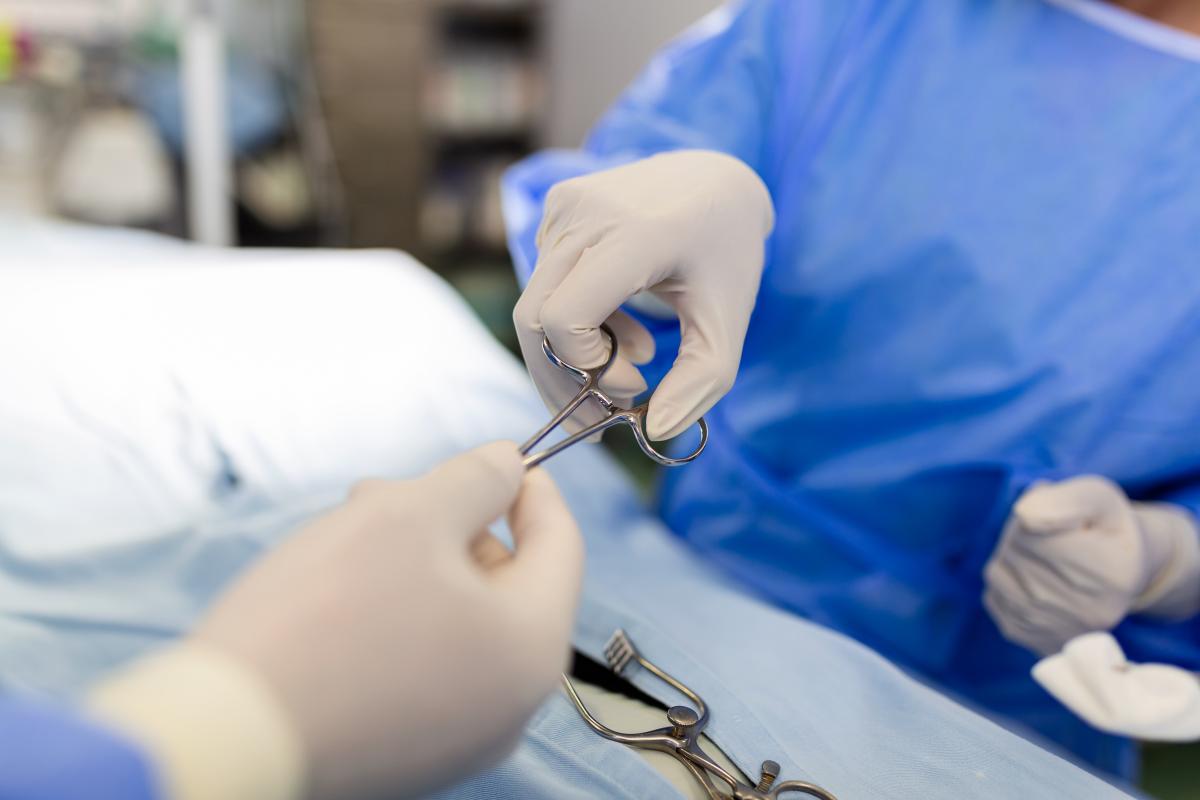
Chronic back pain can seriously impact your quality of life—and for some people, surgery becomes the most effective path to relief. But the idea of spine surgery can be daunting. That’s where minimally invasive spine surgery (MISS) offers hope—a modern, less traumatic alternative to traditional open procedures. With smaller incisions, quicker recovery, and reduced pain, MISS has transformed how many spine conditions are treated. In this blog, we’ll explore what MISS is, its benefits, and what you can expect before, during, and after the procedure.
MISS uses advanced surgical techniques and specialized tools to treat spinal issues through small incisions—typically 1–2 inches long. Instead of cutting through muscles and tissue, surgeons use tubular retractors or endoscopes to access the spine with minimal disruption. The goal is to correct the issue while preserving surrounding structures, resulting in quicker recovery and less postoperative pain.
MISS can successfully treat several spine-related conditions, including:
If MISS is recommended for you, preparation is essential for a smooth surgery and recovery.
A small incision is made at the surgical site.
A tubular retractor or endoscope provides access to the spine.
The surgeon repairs or removes the affected tissue.
The incision is closed with surgical glue or sutures.
Most MISS procedures take 1–3 hours, depending on complexity.
Patients typically receive general anesthesia or local anesthesia with sedation.
Customized physical therapy is often recommended to improve mobility, rebuild strength, and prevent future problems.
These ensure your recovery is on track and allow the surgeon to address any concerns early.
MISS may be right for you if:
Minimally invasive spine surgery is revolutionizing how we treat back and spine conditions. With reduced downtime, lower complication risks, and excellent outcomes, MISS offers many patients a new path to pain relief and mobility.
If you’re dealing with persistent back pain or a diagnosed spinal condition, it may be time to consult a spine surgeon in Chesterfield. At our clinic, our team includes an experienced orthopedic spine surgeon in Chesterfield who specializes in minimally invasive techniques tailored to your unique needs.
We’re committed to helping you move better, live pain-free, and return to the activities you love—with less disruption and more confidence.